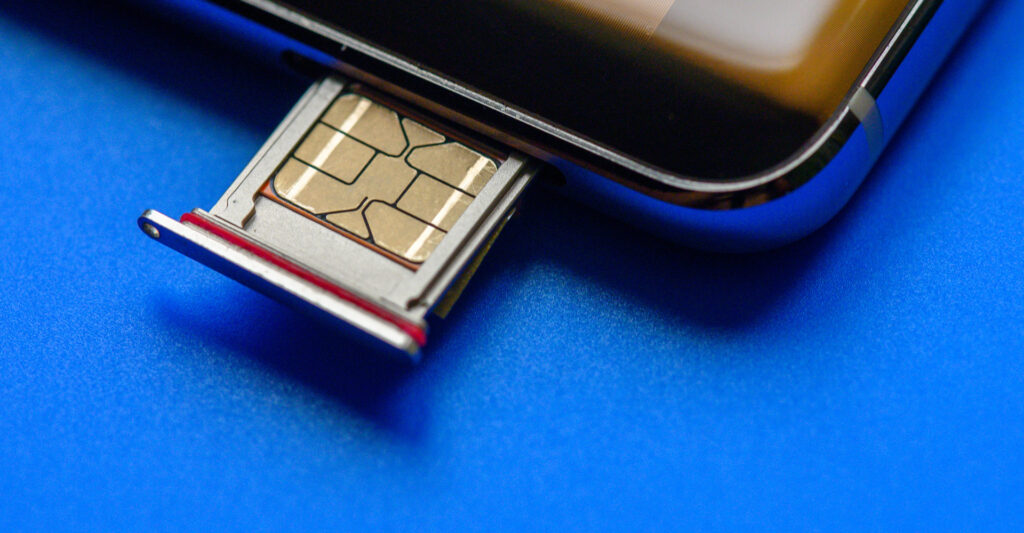© 2025 Bemobi. All rights reserved.

SIM Swapping continues to keep the major economies of Latin America on high alert. With a mobile penetration of 750 million active subscribers, according to GSMA, the region reveals its vulnerability to this type of cyber fraud and associated dangers.
What is SIM Swapping? SIM Swapping is a scam that involves fraudulently duplicating the SIM card of a person's mobile device without their knowledge or consent. Using this approach, cybercrime is committed by accessing the victim's personal information and contacts to request money from acquaintances through messages.
It is well-documented that Mexico (with almost 94 million active mobile users) is one of the most affected countries in the region in terms of cyber fraud, according to ENDUTIH 2022 and data from the Executive Secretariat of the National Public Security System (SESNSP), which reported more than 45 thousand fraud cases in the first five months of 2023.
The SIM card change usually occurs when a criminal manages to infiltrate a person’s SIM card directly or indirectly through the operator or through social engineering techniques.
In the first scenario, they can manipulate the employees of an organization to obtain a user's data.
In the case of social engineering, the scammer contacts users, deceiving them and making them believe that the contact is from a legitimate company or organization. Through various pretexts they ask the user to reveal confidential information. If the user complies, the SIM swap scam is successfully carried out.
The actual fraud usually occurs in four steps:
One of the main characteristics of this type of fraud is that by the time the user discovers their data is being compromised, their bank accounts have already been compromised.

For Fernando Ferreira De Loza, Director of Business Development at Bemobi, the use of alternative mobile data has been crucial for the Mexican financial system in its fight against various types of cyber fraud. In the case of SIM Swap, monitoring user activity and requests can clearly reveal a threat of cyber fraud.
We have identified that the timing and frequency of SIM card changes made by a user when transferring to a different device are clear warning indicators for financial institutions facing possible fraudulent activity.
You may also be interested in watching Fernando Ferreira De Loza's Bemobi Sessions: Deciphering mobile behavior: 3 essential keys for financial institutions.
While SIM Swapping represents an obvious risk for users, Fernando explains that Bemobi's Mobile Scoring solutions provide insights and information to alert regarding other types of cyber fraud in transactional settings and suspicious mobile behavior.
Speaking of alternative data and additional variables that can help financial institutions, we have a datapoint that measures the age of the mobile number. That is, how long a user has used the same phone number. We have identified a positive correlation between users who have been using a line for a longer time and their payment behavior. In other words, the risk of non-payment associated with these users tends to be lower.
Mobile numbers used for fraud are generally new prepaid numbers. Therefore, if the age variable is very short, and they have many outgoing calls, it's because they are trying to contact the people they are going to defraud. This is an atypical consumption pattern compared to a mobile user with non-fraudulent behavior and is another important indicator for banks and Fintechs.
SIM Swapping scams have impacted numerous mobile users in countries like Brazil and Mexico. In addition to the measures individuals can take to prevent it, Bemobi provides effective solutions for companies to protect their users.
If you are interested in learning more about our Mobile Scoring solutions, we invite you to complete the following form, and we will contact you to discuss further.